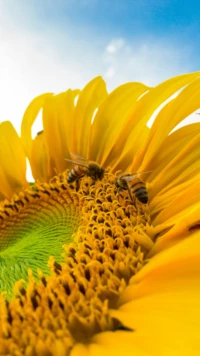The importance of bees
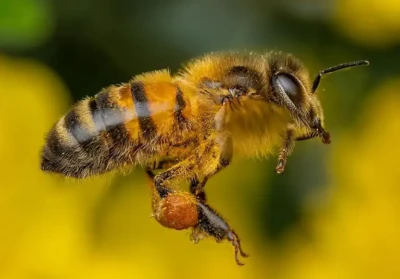 The importance of bees: Guardians of our food supply
The importance of bees: Guardians of our food supply
Bees are small, winged wonders that play a vital role in our ecosystem. Although sometimes overlooked, bees are indispensable to humanity and the natural world as a whole. Their contributions range from pollinating crops to maintaining biodiversity.
Pollination: The key to food production
One of the most crucial functions of bees is to pollinate flowers. This process is essential for the production of many of the foods we consume every day. About 75% of the crops people grow for food production depend on pollination by insects such as bees. Without these pollinators, many of our favourite fruits, vegetables and nuts would simply not grow.
Biodiversity and ecological balance
Bees also play a crucial role in maintaining biodiversity. By pollinating flowers, bees not only help produce crops but also propagate wild plants. This in turn supports other animals that depend on these plants for food and shelter. A healthy population of bees is therefore an indicator of a healthy ecosystem.
Economic impact
Besides their ecological role, bees also have a significant economic impact. The value of pollination services by bees is estimated at billions of dollars a year worldwide. Agricultural crops such as apples, almonds, coffee and many more depend directly on pollination by bees for a successful harvest. This also makes bees indirectly crucial for economic stability and food security. In the Netherlands and elsewhere, (fruit) growers make grateful use of so-called ‘loan’ bee colonies that are placed in orchards during flowering, to take care for the pollination!
Challenges and threats
Unfortunately, bees face numerous threats today. Factors such as habitat loss, pesticide use, climate change and diseases have decimated bee populations worldwide. These challenges have led to an alarming decline in bees, which can have serious implications for our food supply and the ecosystem as a whole.
What can we do ourselves?
Fortunately, as individuals and communities, we can take steps to help bees thrive:
- Plant bee-friendly plants *): Provide a diversity of flowers that attract and feed bees;
- Avoid pesticides: Use as few chemical pesticides as possible and choose organic methods;
- Support local beekeepers: Buy local honey and thus support beekeeping;
- Create nesting opportunities: Leave some space for bees to build nests, such as unmowed grass strips or bee hotels.
Conclusion
Bees are not only cute insects, but also essential players in our ecosystem. Their role in pollinating crops and maintaining biodiversity is invaluable for humanity. By being aware of their importance and taking action to support bees, we contribute to a healthier planet and a sustainable future for all of us.
*) 10 favourite ‘bee’ plants for your garden:
1. eastern purple coneflower
2. goldenrod
3. sage
4. geranium rotundifolium
5. gayfeather
6. marjoram
7. globe thistle
e. golden emperor
9. bellflower
10. macedonian scabious
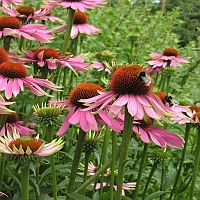
eastern purple coneflower – echinacea purpurea
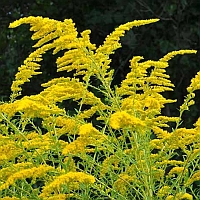
goldenrod – solidago
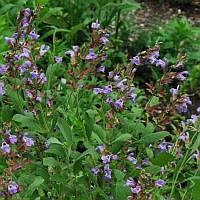
sage – salvia officinalis
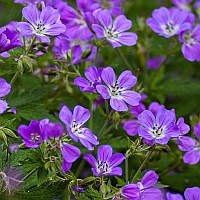
geranium rotundifolium – geraniaceae
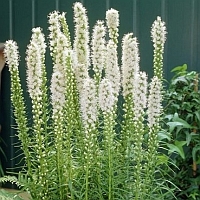
gayfeather – liatris
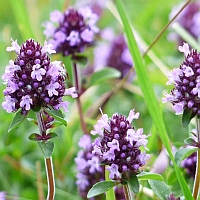
marjoram – origanum
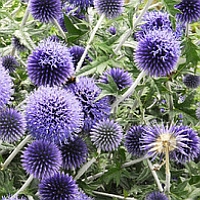
globe thistle – echinops
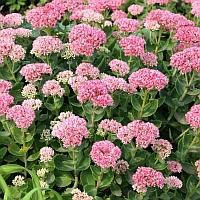
golden emperor – sedum telephium
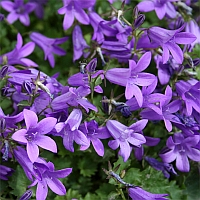
bellflower – campanula
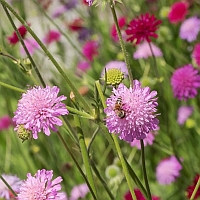
macedonian scabious – knautia

